Coffee prices fall sharply
Illustration photo. (Photo source: Internet)
On the London floor, at 5:00 a.m. on July 9, 2025, Robusta coffee prices increased again, an increase of 42 - 47 USD/ton compared to yesterday's trading session, fluctuating between 3,321 - 3,591 USD/ton. Specifically, the delivery price for September 2025 is 3,568 USD/ton, the delivery price for November 2025 is 3,508 USD/ton, the delivery price for January 2026 is 3,457 USD/ton, the delivery price for March 2026 is 3,419 USD/ton and the delivery price for May 2026 is 3,381 USD/ton.
Similarly, at the end of the trading session, Arabica coffee prices on the New York floor also increased, increasing from 7.10 - 7.35 cents/lb compared to yesterday, fluctuating from 262.30 - 286.35 cents/lb. Specifically, the September 2025 delivery period is 285.60 cents/lb, the December 2025 delivery period is 280.45 cents/lb, the March 2026 delivery period is 275.50 cents/lb and the May 2026 delivery period is 270.55 cents/lb.
At the end of the trading session, the price of Brazilian Arabica coffee fluctuated up and down through the delivery terms, ranging from 340.80 - 355.80 USD/ton. Recorded as follows: July 2025 delivery period is 355.80 USD/ton, September 2025 delivery period is 346.50 USD/ton, December 2025 delivery period is 335.50 USD/ton and March 2026 delivery period is 340.80 USD/ton.
Updated domestic coffee prices at 5:00 a.m. today, July 9, 2025, domestic coffee prices fell sharply, down from 3,700 - 3,800 VND/kg compared to yesterday's trading session. Currently, the average coffee purchase price in key areas is at 92,700 VND/kg.
Accordingly, traders in Dak Nong province are purchasing coffee at 92,600 VND/kg. A sharp decrease of 3,800 VND/kg compared to yesterday.
Similarly, coffee price in Dak Lak province is 92,800 VND/kg, down 3,700 VND/kg compared to yesterday.
Coffee prices in Gia Lai province decreased by VND3,800/kg compared to yesterday and were traded at VND92,600/kg.
In Lam Dong province, coffee prices decreased by VND3,700/kg compared to yesterday and are at VND92,300/kg.
Domestic coffee prices have turned sharply down after two days of price stability and slight increases. Compared to the peak of 135,000 VND/kg in early March 2025, coffee prices have now dropped sharply. If we take the high price of 129,300 - 130,200 VND/kg on April 16, the current decrease is nearly 37,000 VND/kg, equivalent to more than 28%. The current price level is also significantly lower than in February, when it fluctuated on average from 94.0 - 95,500 VND/kg.
According to Mr. Nguyen Nam Hai, Chairman of the Vietnam Coffee and Cocoa Association, this recent decline in coffee prices is a predicted trend. In recent months, coffee prices have been pushed too high, while world coffee production is on the path to recovery. Recent fluctuations are the result of adjustments to actual global supply and demand.
Coffee prices rose sharply in the first and early second quarters of this year due to concerns about supply shortages and weather risks. However, as production from Brazil and Vietnam recovered, selling pressure increased, especially as businesses began to take profits and clear inventories. Large roasters were also more cautious in their purchases, causing coffee prices to continue to face downward pressure in the market.
Lake price reverses down
Today's pepper price was updated at 5:00 a.m. on July 9, 2025 as follows: The domestic market fluctuated downward and remained unchanged compared to yesterday's trading session, down from 1,000 - 2,000 VND/kg; however, pepper prices in Gia Lai and Lam Dong did not fluctuate and remained unchanged compared to the previous trading session. Currently, the average pepper purchase price in key areas is 140,600 VND/kg.
Specifically, today's pepper price in Gia Lai province is stable and unchanged compared to yesterday, currently the pepper purchase price in this locality is at 140,000 VND/kg.
Similarly, pepper prices in Lam Dong have a stable trend and little fluctuation. Currently, pepper prices are purchased at 141,000 VND/kg.
On the contrary, pepper price in Dak Lak fluctuated down compared to yesterday's trading session, down 2,000 VND/kg, currently pepper price in this locality is purchased by traders at 142,000 VND/kg.
Illustration photo. (Photo source: Internet)
Pepper prices in Ho Chi Minh City also decreased by 2,000 VND/kg, currently the pepper purchase price is at 140,000 VND/kg.
Pepper price today in Dong Nai decreased by 1,000 VND/kg compared to the previous trading session. Currently, traders are purchasing pepper in this locality at a price of 140,000 VND/kg.
Update on world pepper prices from the International Pepper Community (IPC) at 5:00 a.m. on July 9, 2025 as follows: the market is stable and sideways compared to many previous up and down sessions.
Specifically, IPC listed the price of Indonesian Lampung black pepper at 7,547 USD/ton; similarly, Muntok white pepper is currently purchased at 10,195 USD/ton.
The Malaysian pepper market continues to remain stable, currently the price of Malaysian ASTA black pepper is purchased at 8,900 USD/ton and the price of ASTA white pepper is at 11,750 USD/ton.
Pepper prices in Brazil have stabilized after the previous increase, with the current purchase price reaching 6,225 USD/ton.
Vietnam's pepper export market has stabilized and remained unchanged compared to many previous increases. Currently, the export price of Vietnamese black pepper is at 6,440 USD/ton for 500 g/l; 550 g/l is at 6,570 USD/ton and the price of white pepper is at 9,150 USD/ton.
Vietnam exported more than 124,000 tons of pepper in the first half of the year, while domestic inventories fell sharply as this year’s crop is forecast to be the lowest in many years. The 2026 harvest is still eight months away, further tightening supplies.
However, pepper prices still face many risks such as exchange rate fluctuations, high logistics costs and competitive pressure from Brazil and Indonesia.
In this context, domestic enterprises are recommended to restructure their supply chains and prioritize signing medium- and long-term contracts instead of relying on short-term orders.
During the period from 2023 to March 2025, the Netherlands imported 3,590 tons of pepper, of which Vietnam accounted for more than half with 2,065 tons, far surpassing competitors such as Brazil, Indonesia and India.
Vietnam is currently the world’s leading pepper exporter, and domestic enterprises’ increased import of raw materials from abroad is becoming a strategy to cope with the decline in domestic supply. This is not only a temporary solution but also reflects proactive adaptation to fluctuations in the global supply chain.
Source: https://doanhnghiepvn.vn/kinh-te/gia-nong-san-ngay-9-7-2025-ca-phe-va-ho-tieu-dao-chieu-lao-doc/20250709083913396


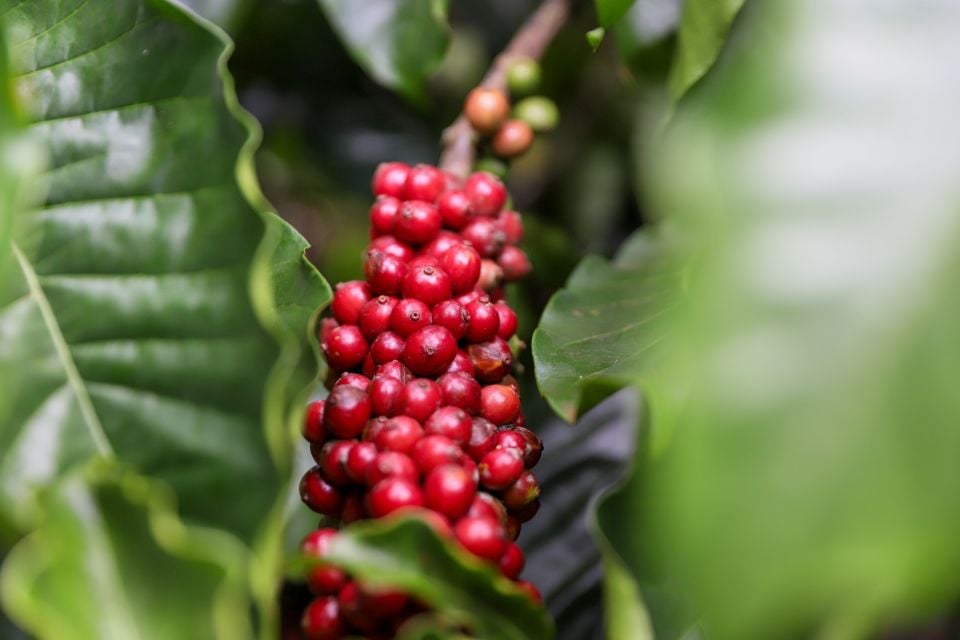
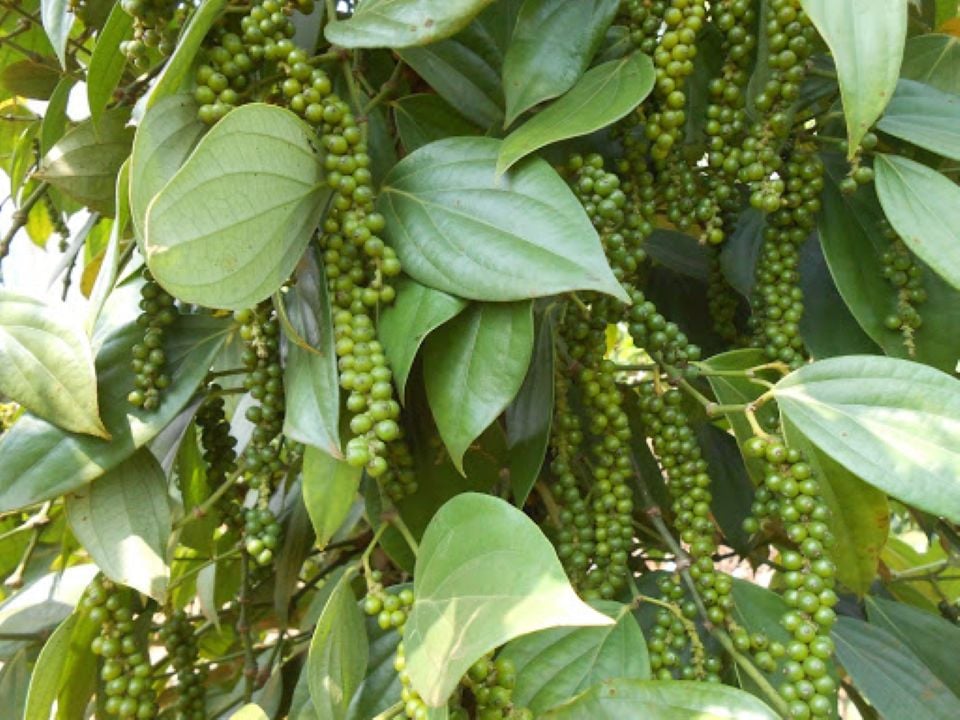



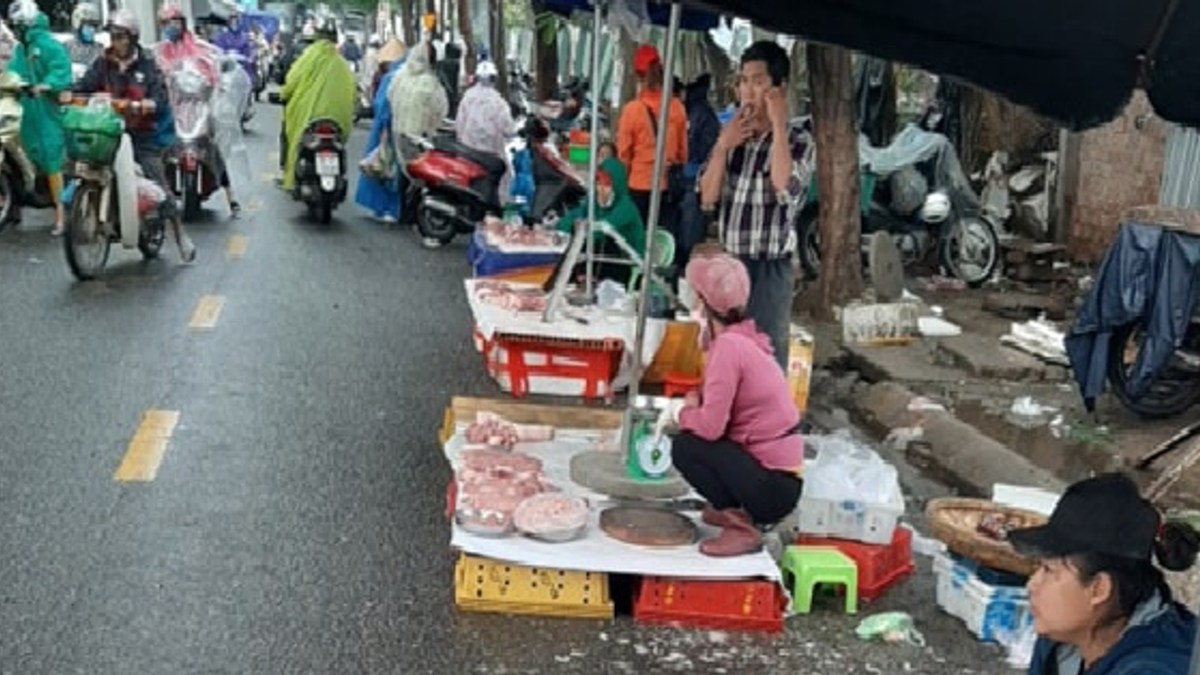
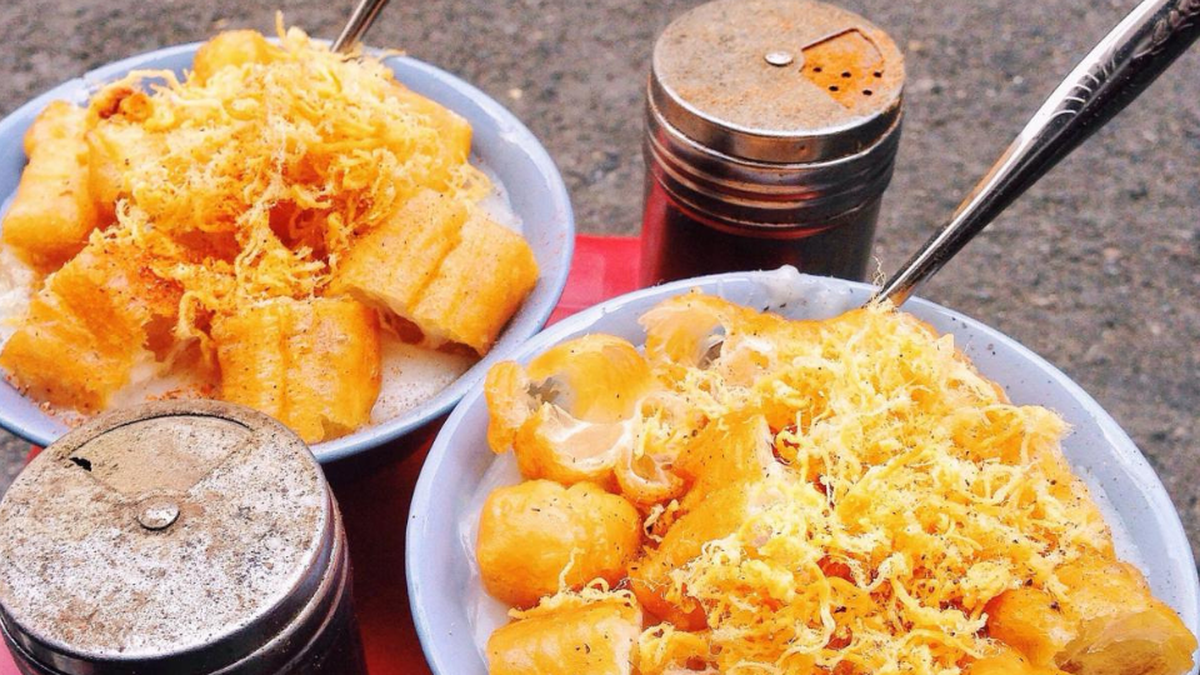

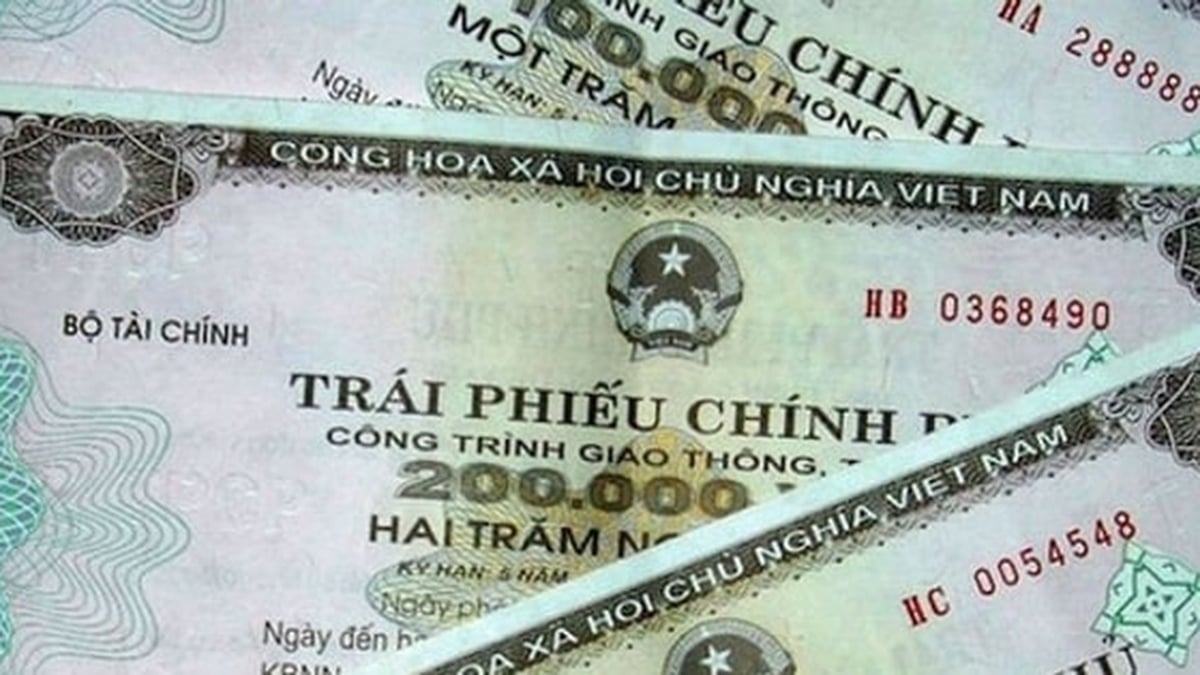
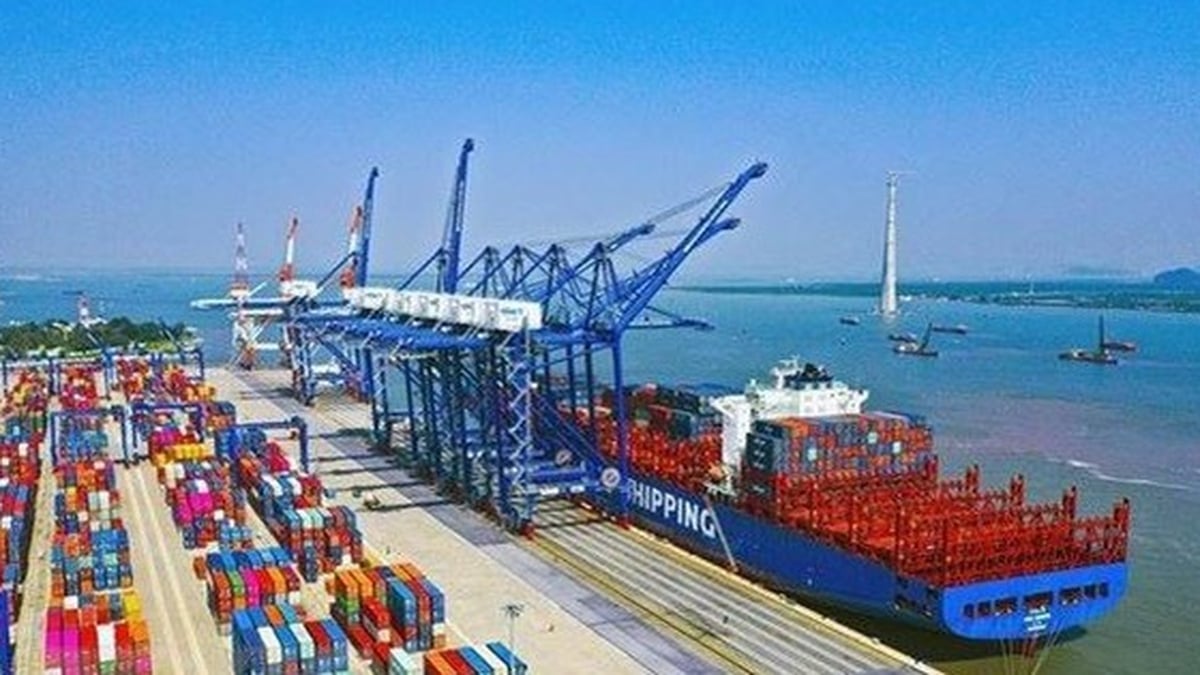
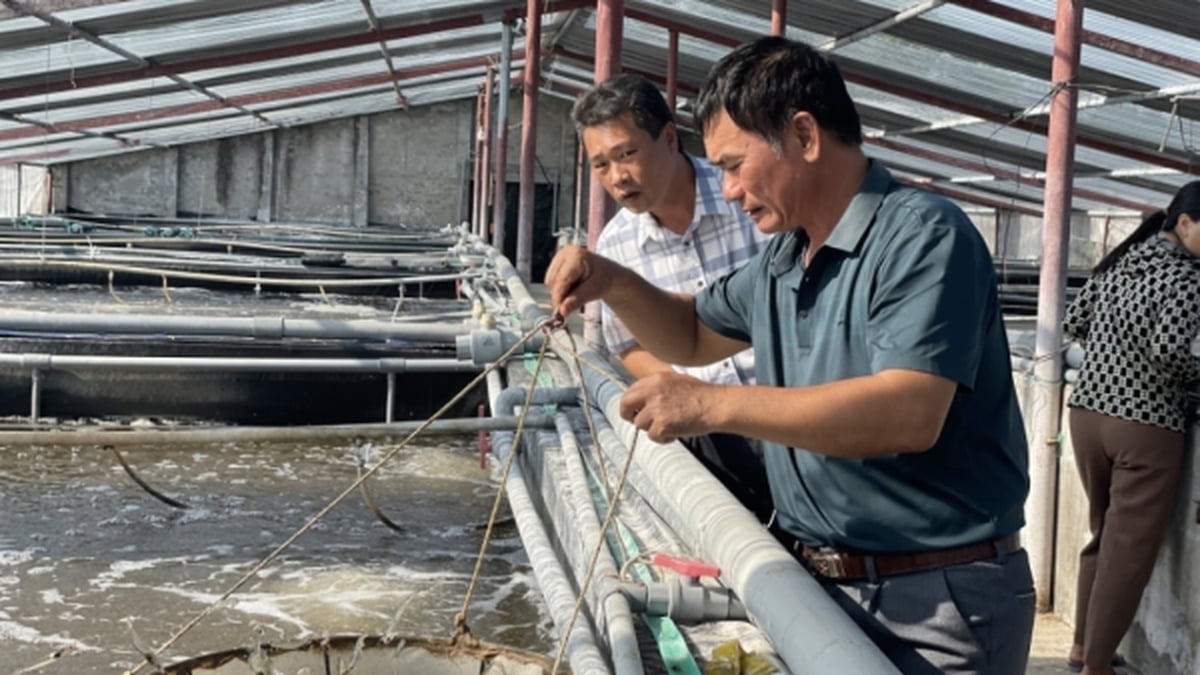













































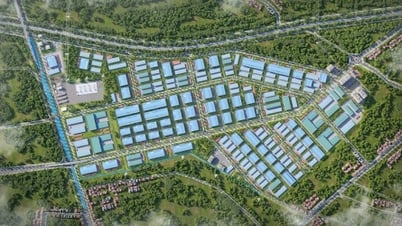















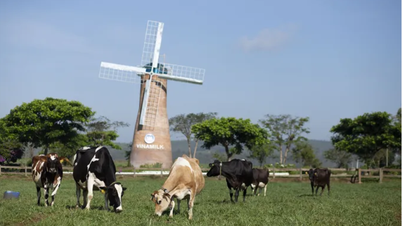














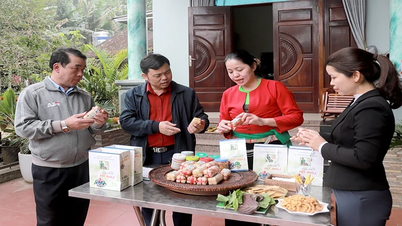










Comment (0)